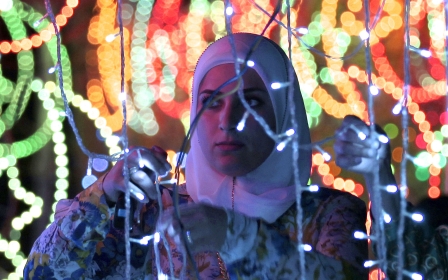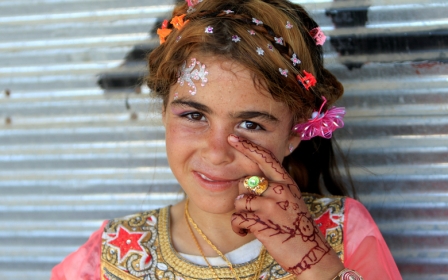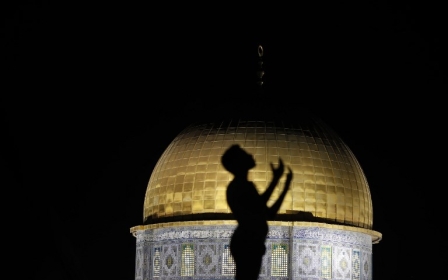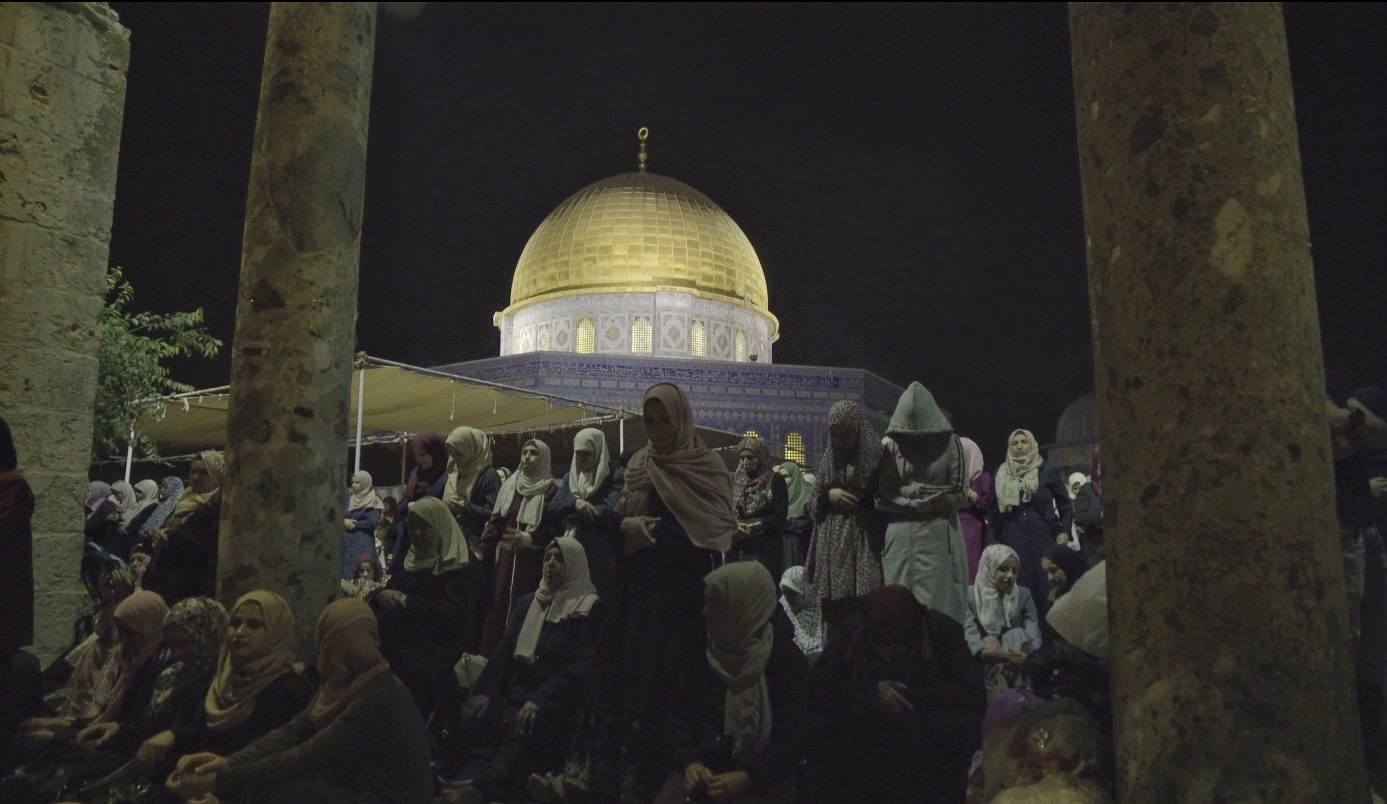
In pictures: Muslims attend prayers on the Night of Power
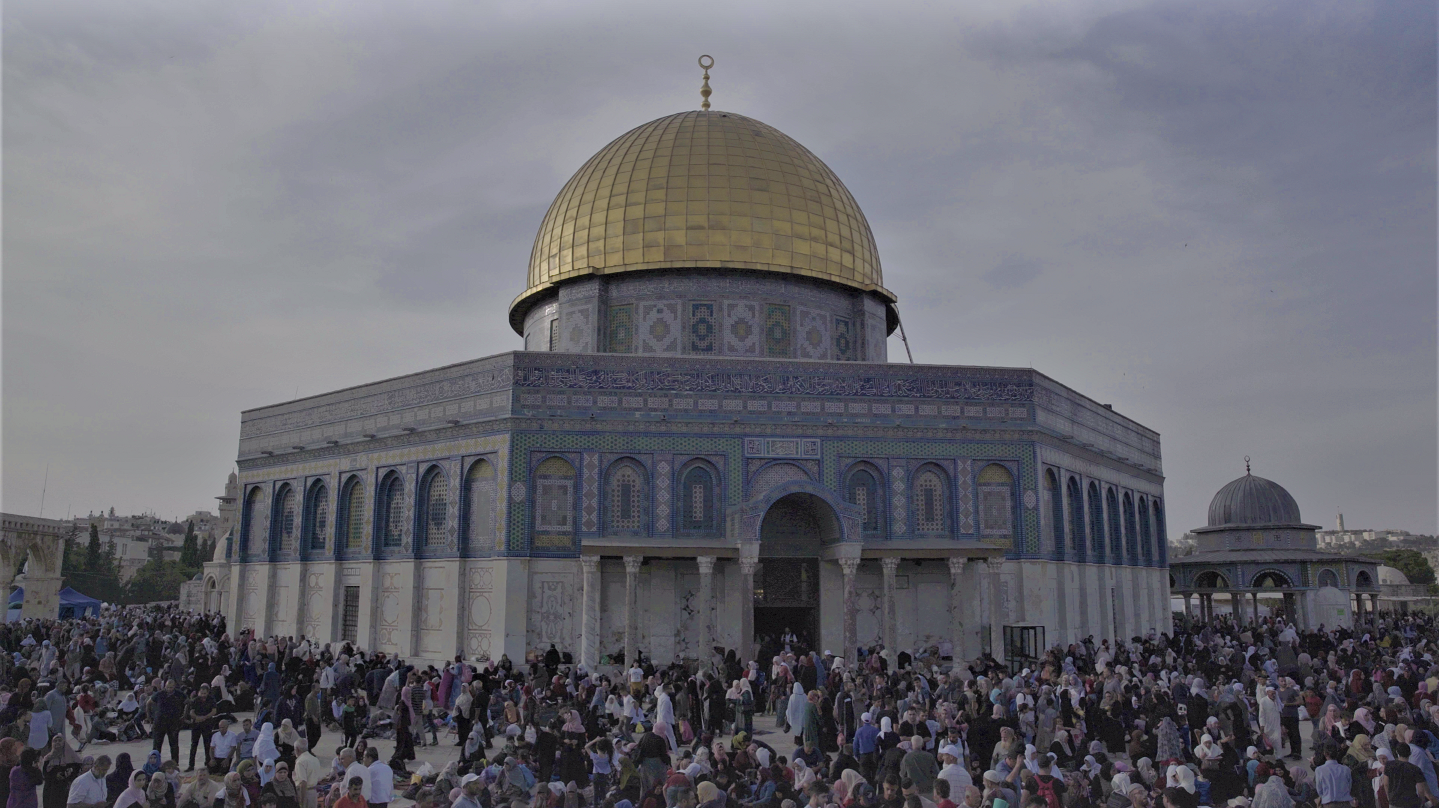
Al-Aqsa compound, Jerusalem
Worshippers arrived early at the Jerusalem holy site to attend Friday prayers and avoid delays due to Israeli checkpoints. Many stayed around for the whole day to attend Laylat al-Qadr and pray throughout the night into the early hours of Saturday (MEE)
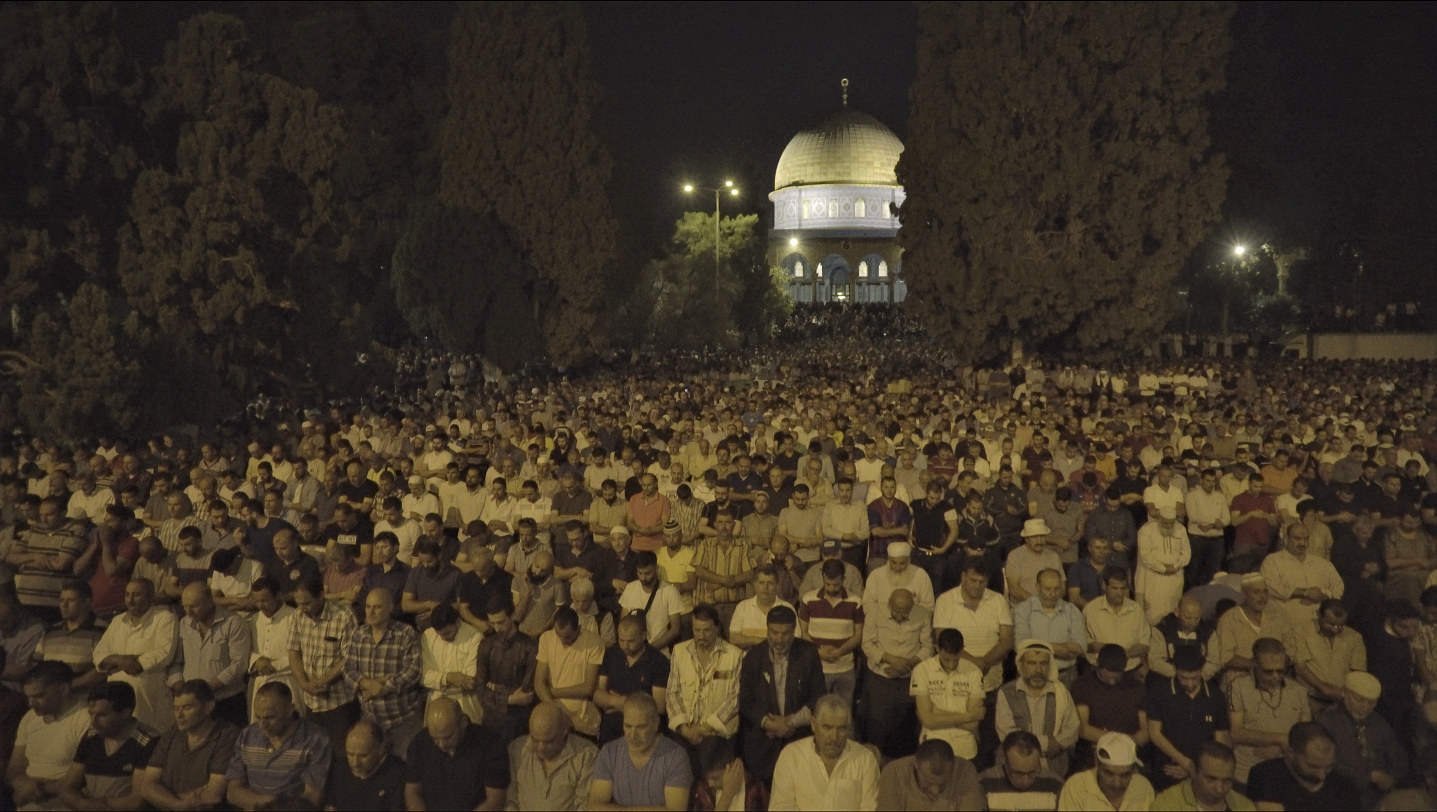
Al-Aqsa compound, Jerusalem
Laylat al-Qadr, which means "the Night of Power", falls in the last 10 days of Ramadan. The exact day is not known, however many Muslims believe it to be on the 27th night of the holy month (MEE)
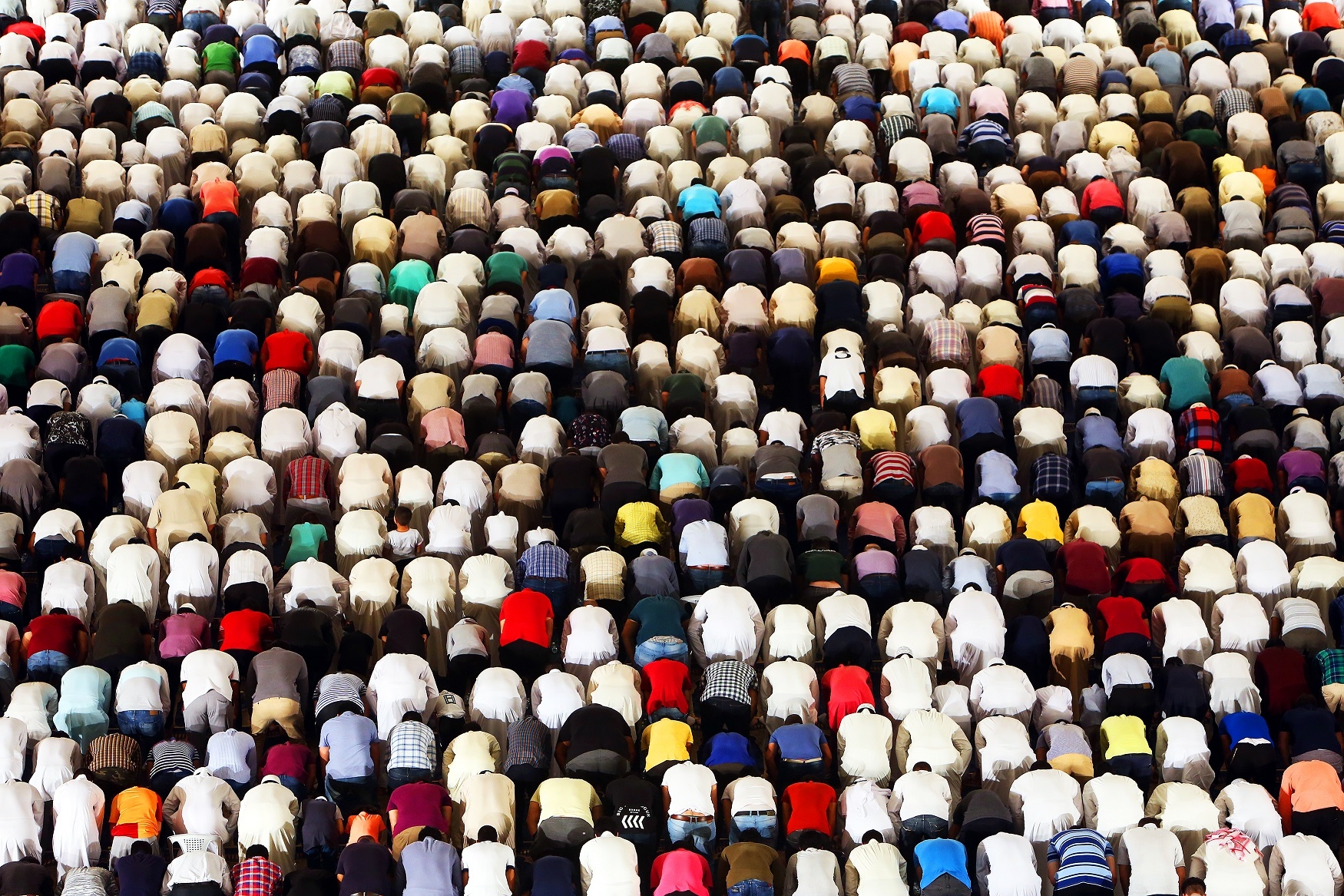
Grand Mosque, Kuwait City, Kuwait
According to the Quran, the Night of Power is better than 1,000 months, so Muslims aim to increase their worship and good deeds such as giving charity (Yasser Al-Zayyat/AFP)
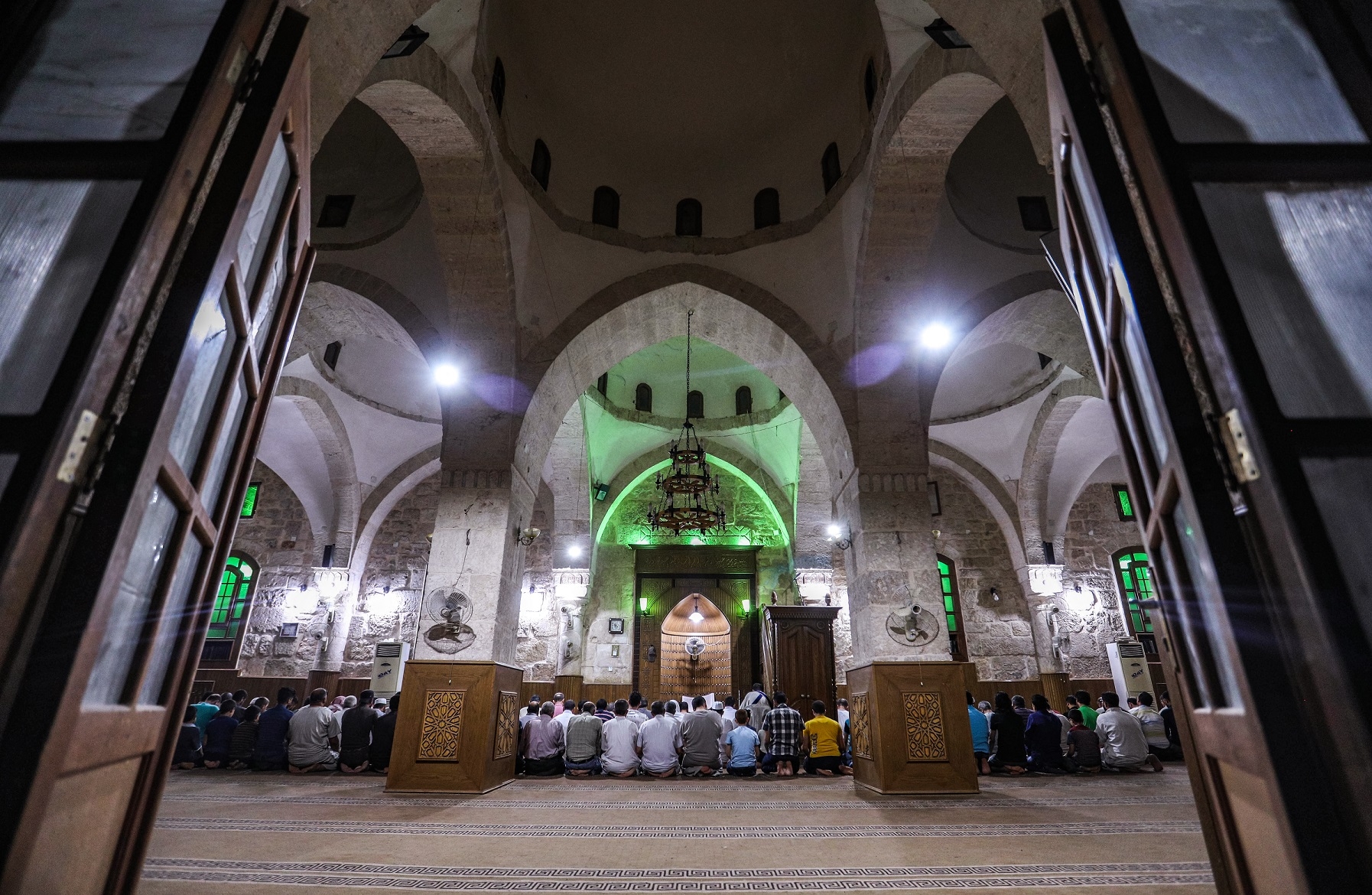
Maaret al-Noman, Idlib, Syria
It is believed that Laylat al-Qadr is the night that the first verses of the Quran were revealed to Prophet Muhammad, which is why the night is given such prominence (Omar Haj Kadour/AFP)
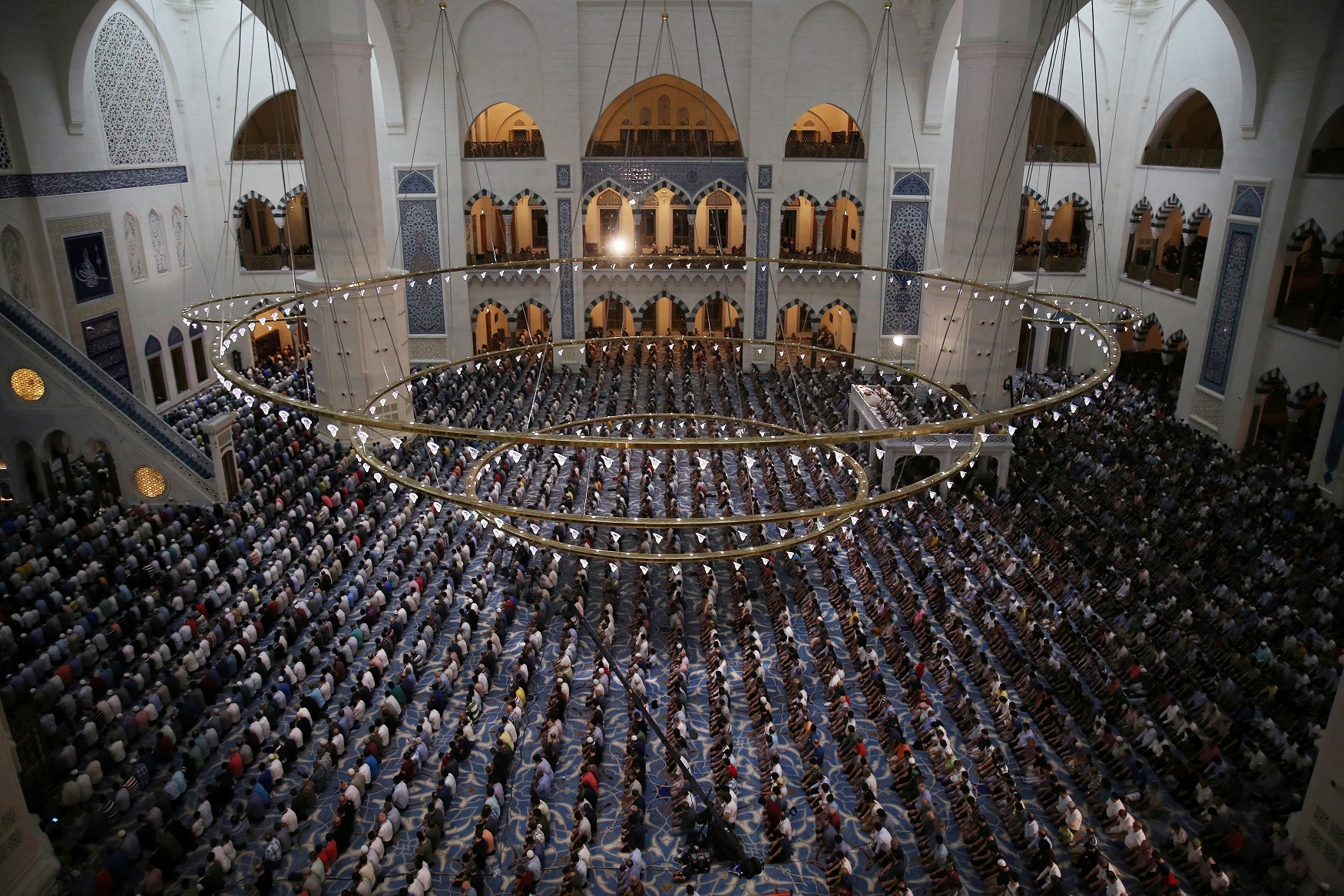
Grand Camlica Mosque, Istanbul, Turkey
Worshippers usually attend prayers that start from late in the evening and end at dawn the next morning (Mesude Bulbul/Reuters)
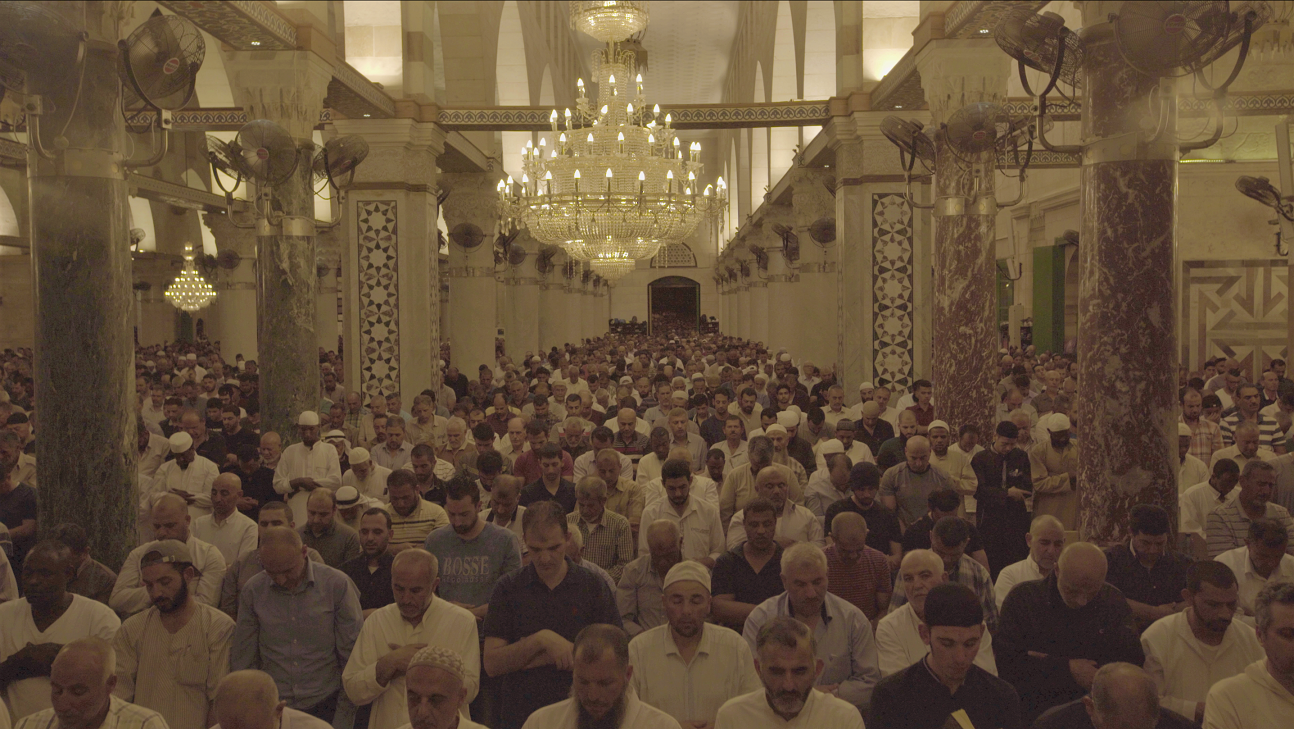
Al-Aqsa compound, Jerusalem
As the exact night is not specified, Muslims will aim to carry out intense worship throughout the last 10 days of Ramadan to gain a better chance of catching Laylat al-Qadr (MEE)
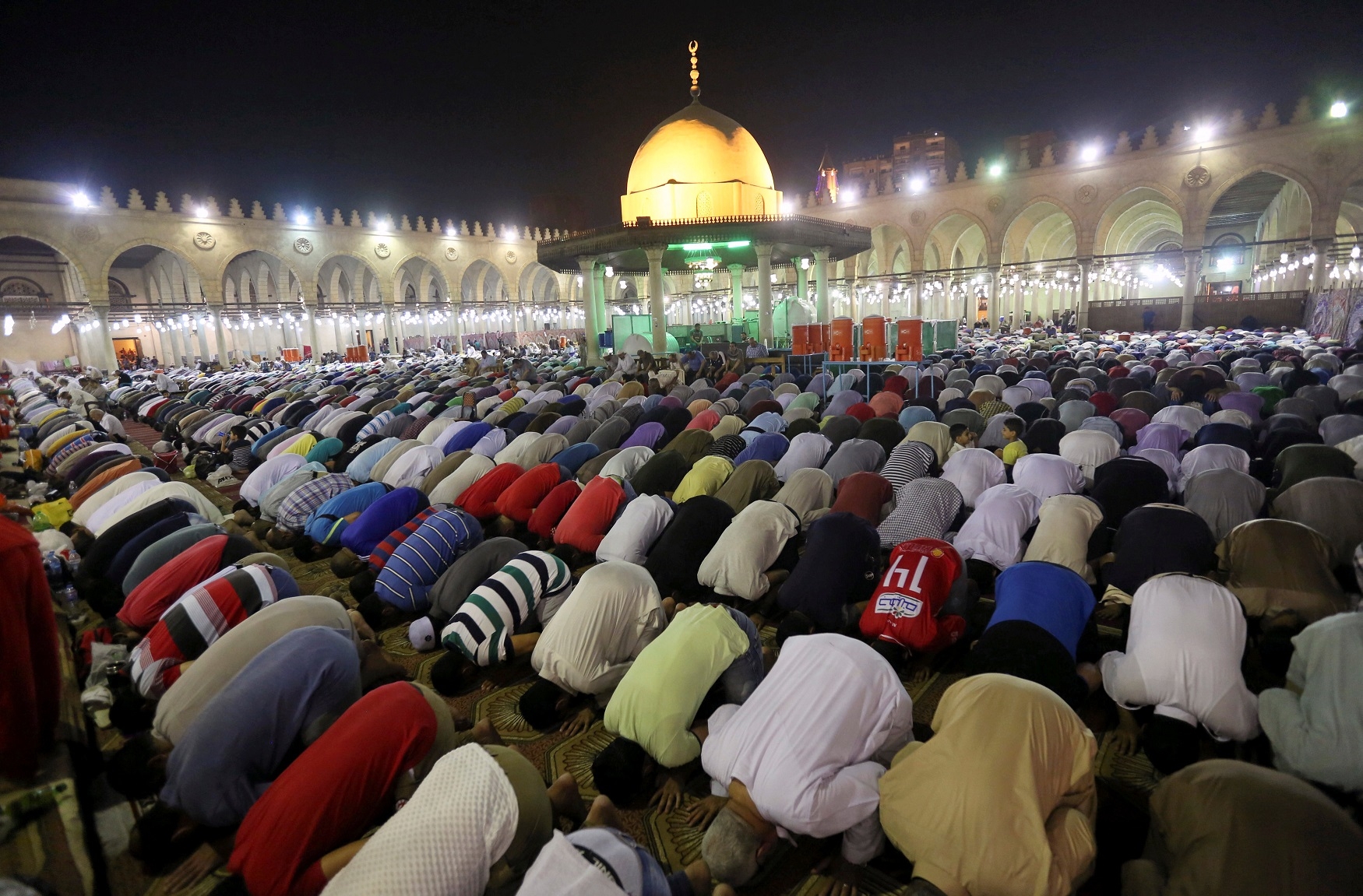
Amr Ibn al-Aas Mosque, Cairo, Egypt
Some Muslims choose to live and sleep in a mosque during the last 10 days of Ramadan - this is known as itikaaf, which literally means "seclusion in a Mosque". It's a time to focus solely on worship, spirituality and increasing their religious knowledge (Mohamed Abd El Ghany/Reuters)
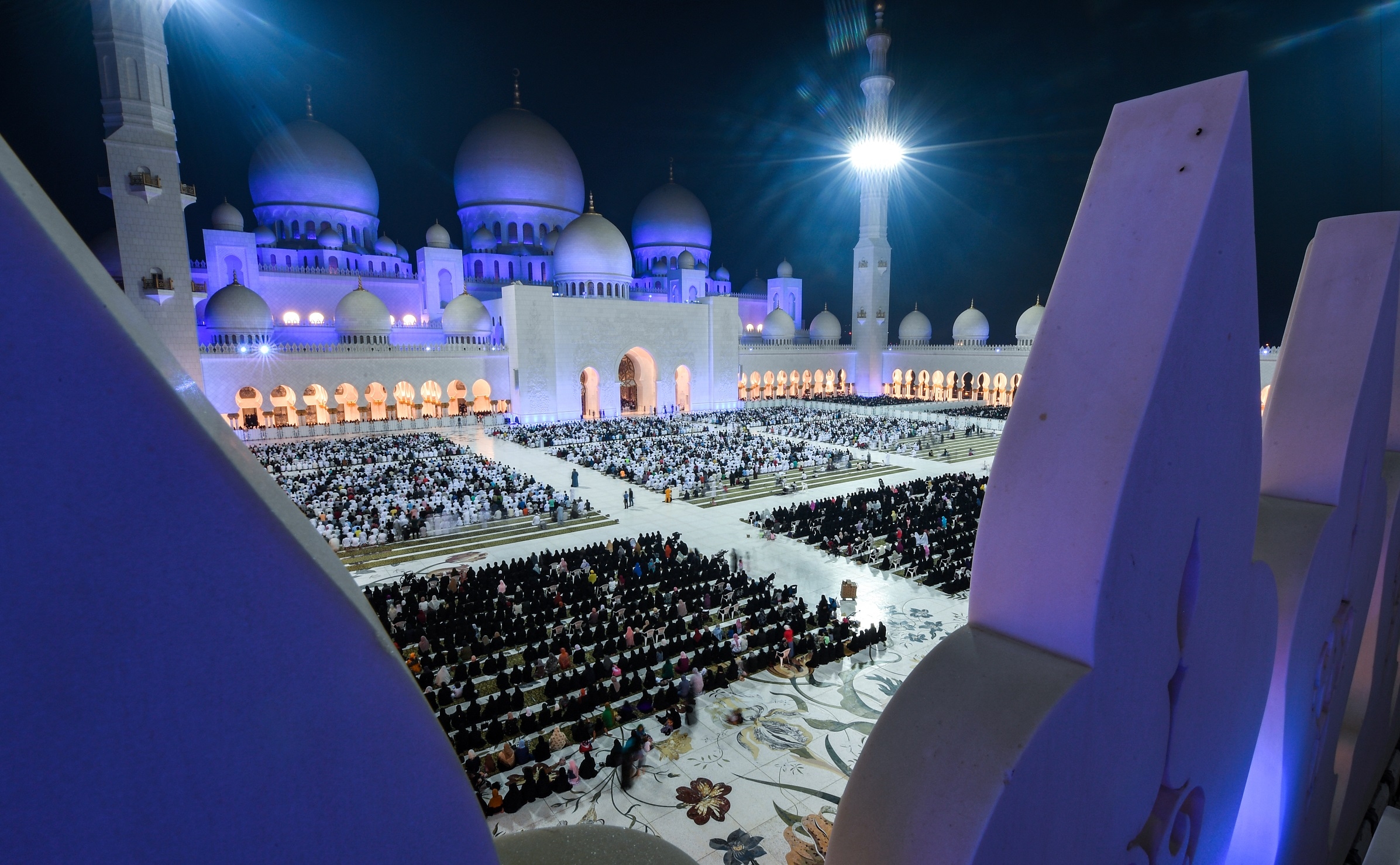
Sheikh Zayed Grand Mosque, Abu Dhabi, UAE
In many Middle Eastern countries, Ramadan is the prime time for the year's best TV series, showcasing the most dramatic storylines and top celebrities, capitalising on the time people spend waiting for iftar.
However, many people choose the holy month to reduce the hours spent on entertainment, preferring instead to focus on worship (Karim Sahib/AFP)
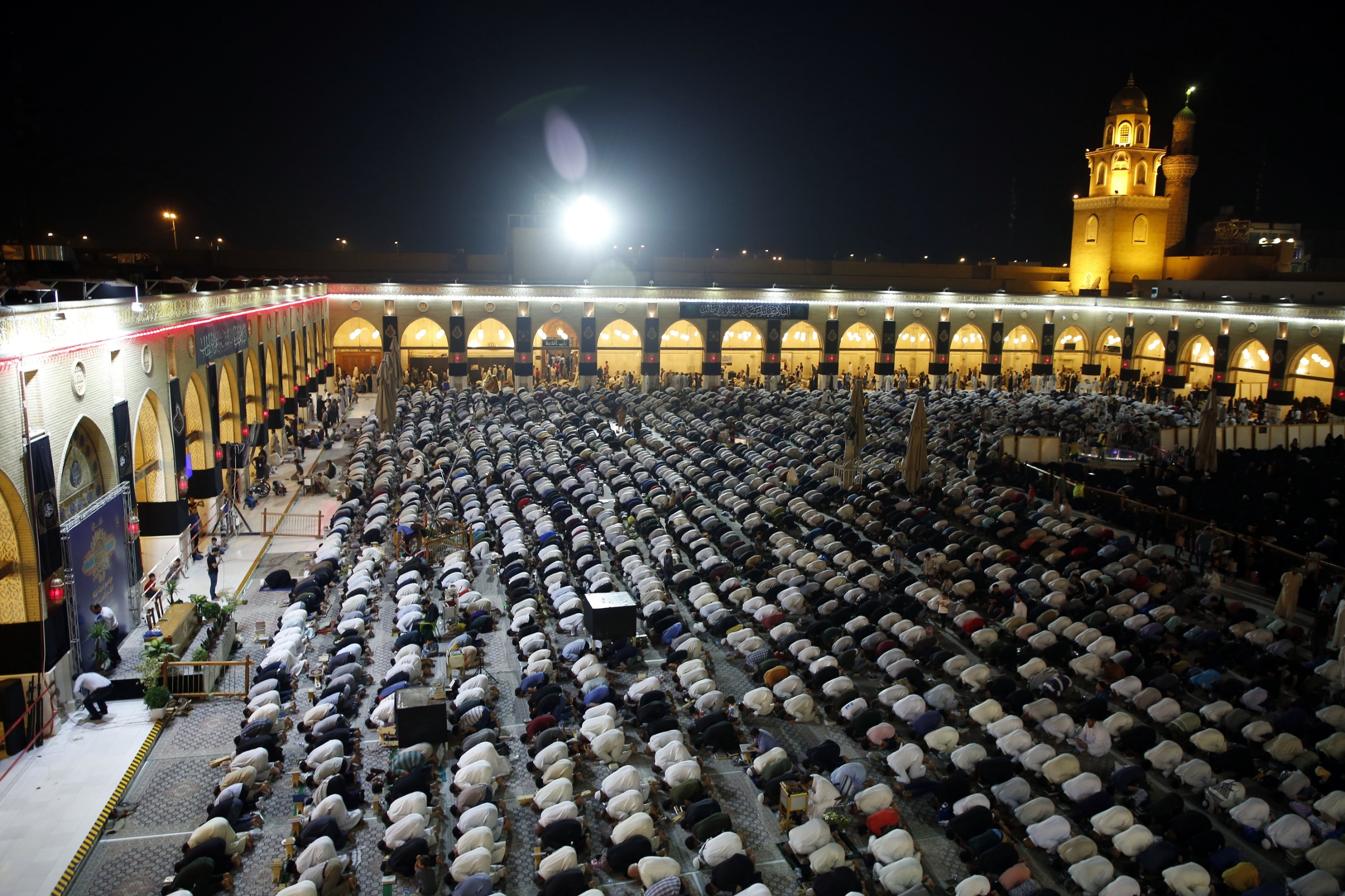
Great Mosque of Kufa, Najaf, Iraq
Ramadan concludes with the celebration of Eid al-Fitr. In many Muslim-majority countries, it is a public holiday that usually lasts for around three days (Haidar Hamdani/AFP)
Middle East Eye delivers independent and unrivalled coverage and analysis of the Middle East, North Africa and beyond. To learn more about republishing this content and the associated fees, please fill out this form. More about MEE can be found here.


